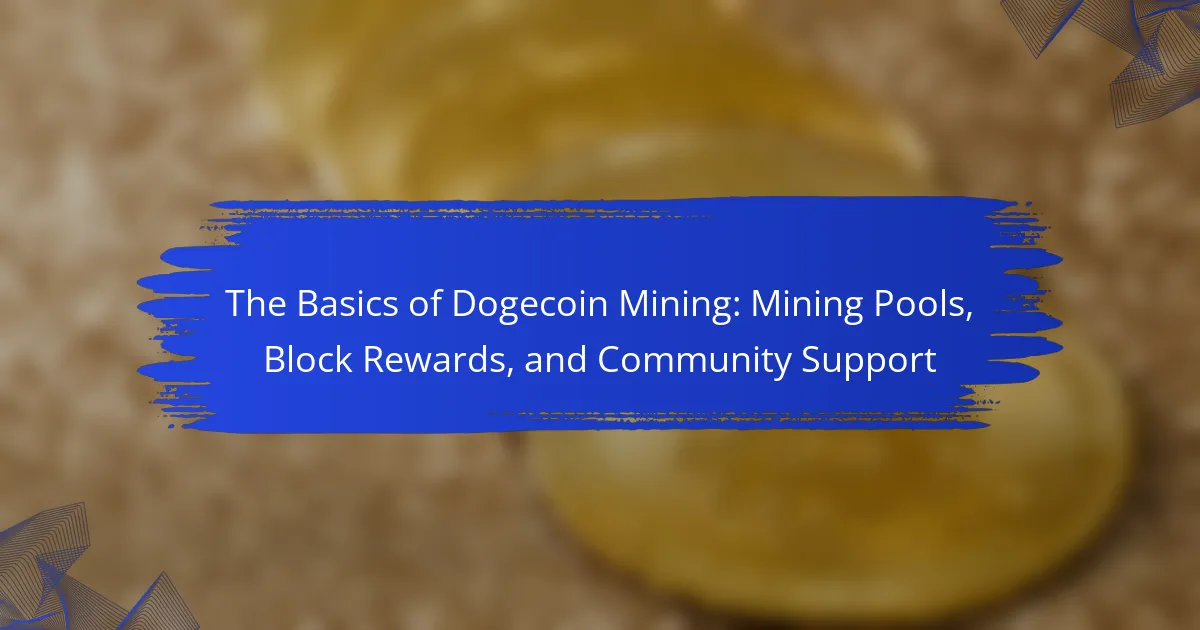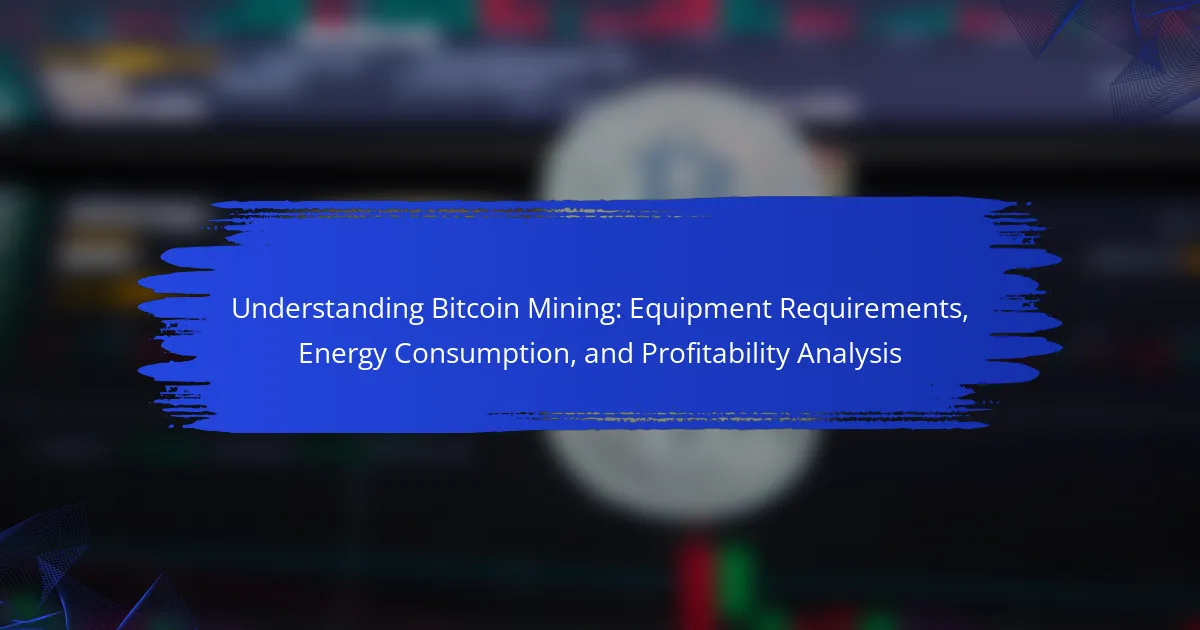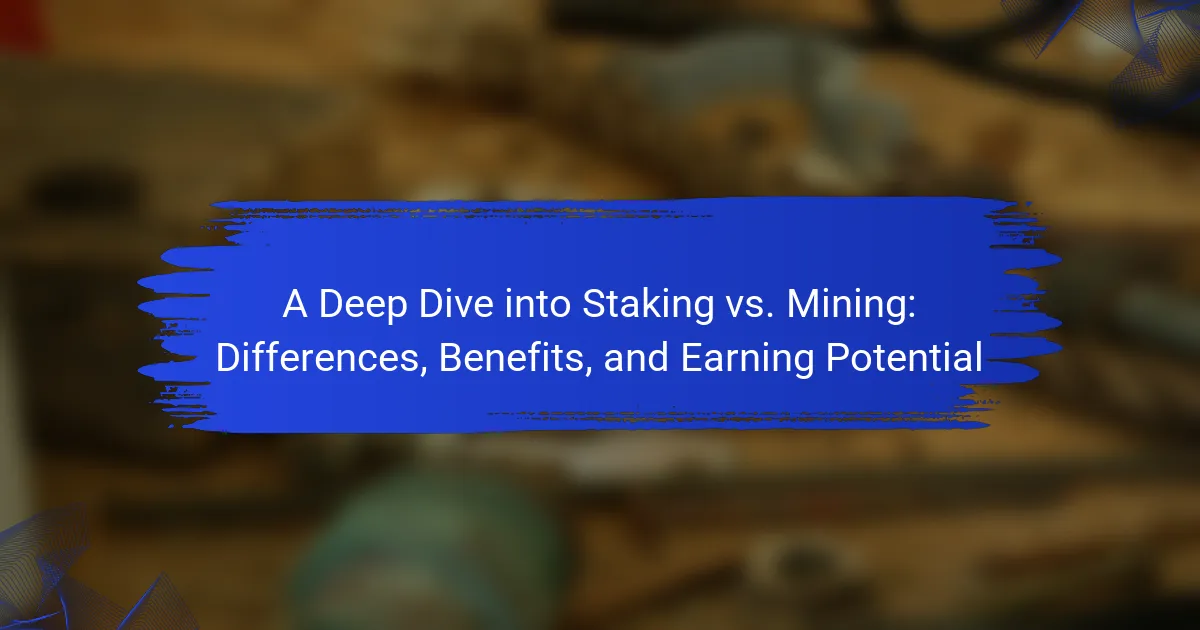Staking and mining are two distinct methods used for validating transactions and securing blockchain networks. Staking involves locking cryptocurrency to support network operations and earn rewards, while mining requires computational power to solve complex problems for transaction validation and block creation. This article examines the differences between staking and mining, highlighting their respective benefits, earning […]

The Importance of Mining Pools: Collaboration Benefits, Fee Structures, and Payout Methods
Mining pools are collaborative groups of cryptocurrency miners who combine their computational resources to enhance their chances of successfully mining blocks and receiving rewards. This article explores the significance of mining pools in providing stable income for individual miners, who often face unpredictable earnings. It details the fee structures associated with mining pools, typically ranging […]

The Basics of Dogecoin Mining: Mining Pools, Block Rewards, and Community Support
Dogecoin mining involves validating transactions on the Dogecoin blockchain through a proof-of-work consensus mechanism, where miners solve complex mathematical problems to add new blocks and earn Dogecoin rewards. Currently, the block reward stands at 10,000 DOGE per block, contributing to the network’s security and the cryptocurrency’s supply control. Mining pools are collaborative groups that enhance […]

Understanding Bitcoin Mining: Equipment Requirements, Energy Consumption, and Profitability Analysis
Bitcoin mining is the process of validating and adding transactions to the Bitcoin blockchain through complex mathematical problem-solving. This activity requires specialized hardware known as ASIC miners, which are designed for high processing power and energy efficiency. The article explores the significant energy consumption associated with Bitcoin mining, accounting for approximately 0.5% of global electricity […]
